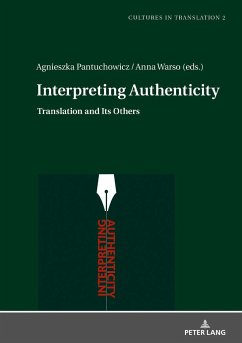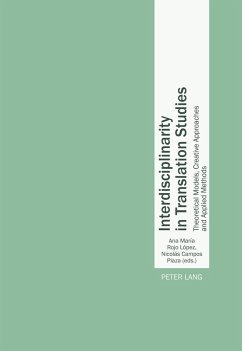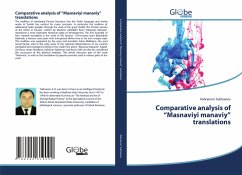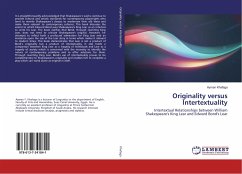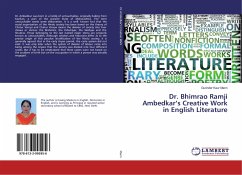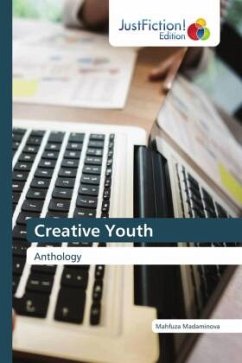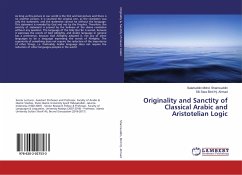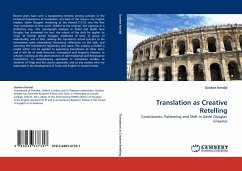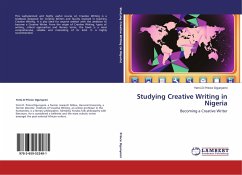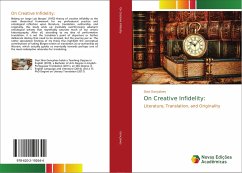
On Creative Infidelity:
Literature, Translation, and Originality
Versandkostenfrei!
Versandfertig in 6-10 Tagen
43,99 €
inkl. MwSt.

PAYBACK Punkte
22 °P sammeln!
Relying on Jorge Luis Borges' (1972) theory of creative infidelity as the main theoretical framework for my professional practice and ontological reflection upon literature, translation, authorship, and originality, this study ends up inevitably overthrowing adamant ontological schisms that regrettably saturate much of our artistic historiography. After all, according to my idea of performative translation, it is not the translator's point of departure or his/her deliberate destiny that need to be stressed, but the journey per se. The rather speculative findings of my thesis thus highlight the...
Relying on Jorge Luis Borges' (1972) theory of creative infidelity as the main theoretical framework for my professional practice and ontological reflection upon literature, translation, authorship, and originality, this study ends up inevitably overthrowing adamant ontological schisms that regrettably saturate much of our artistic historiography. After all, according to my idea of performative translation, it is not the translator's point of departure or his/her deliberate destiny that need to be stressed, but the journey per se. The rather speculative findings of my thesis thus highlight the conceptual contributions of taking Borges notion of translation as co-authorship ad litteram, which actually guides us eventually towards perhaps one of the most redemptive rationales for translating.



